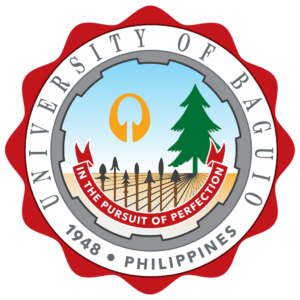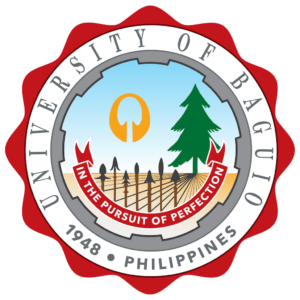Program Educational Objectives
In 3 to 5 years after graduation, graduates of the B.S. Physical Therapy are expected to fulfill professional responsibilities in:
- patient/client care in various settings for different populations
- education of individuals and groups;
- administration and management of physical therapy programs, institutions and facilities, including private practice and delivery of home health care services
- lifelong learning for the development of the professional
- health promotion
- advocacy for the advancement of the profession
- community service and development; and
- research
Program Outcomes
A Bachelor of Science in Physical Therapy graduate should be able to:
- apply knowledge of physical sciences, social sciences, health sciences and natural sciences to the practice of physical therapy.
- demonstrate consistent competence in conducting a comprehensive examination, evaluation, and assessment of patients/clients across the lifespan within a broad continuum of care.
- demonstrate consistent competence in planning and implementing appropriate physical therapy interventions for patients/clients across the lifespan within a broad continuum of care.
- apply teaching-learning principles in different learning environments.
- practice beginning management and leadership skills in various practice settings.
- demonstrate research-related skills in the application of best practice evidence in the performance of various roles in different practice settings.
- promote health and improved quality of life through the practice of the profession.
- actively engage in lifelong learning activities.
- work effectively in an inter-professional collaborative setting.
- demonstrate proficiency in oral and written communication skills as well as reading and listening.
- demonstrate social and professional responsibility and ethical behaviors in multi-cultural settings and scenarios.
- maximize the use of innovative technology in the practice of the profession.


